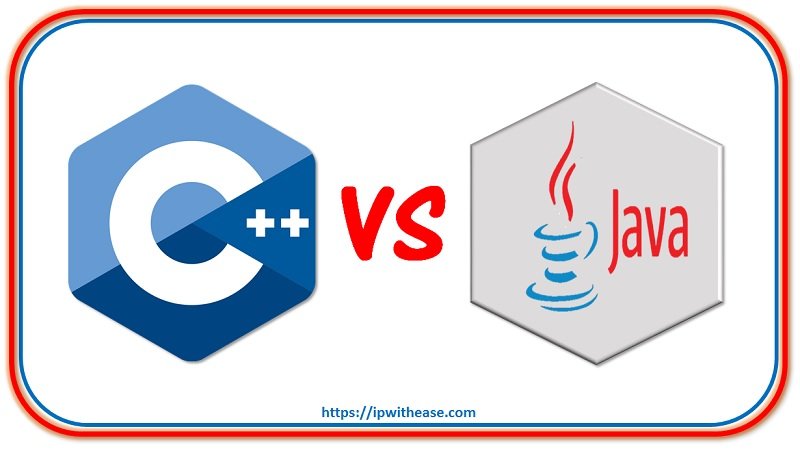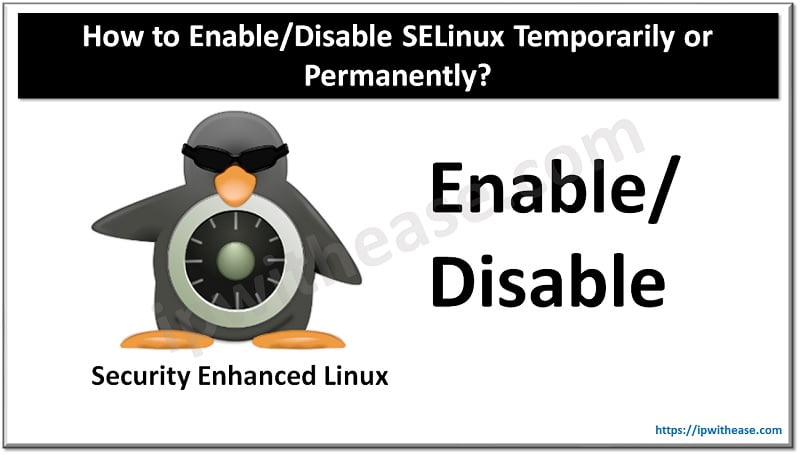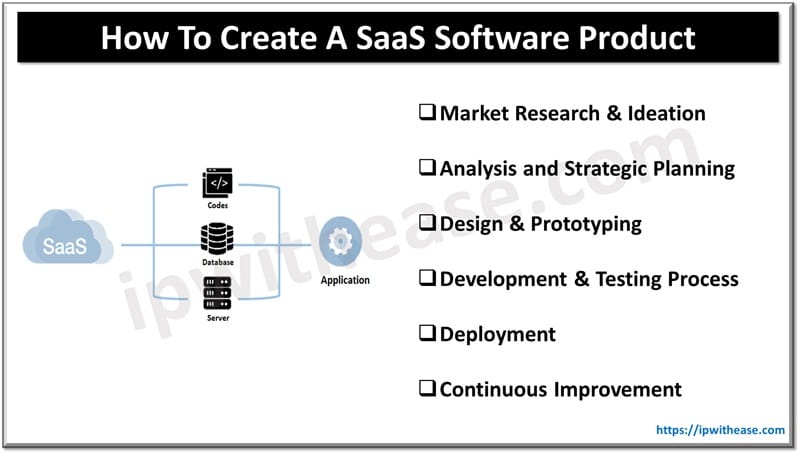Table of Contents
Secure software development is one of the key ingredients for release of a successful commercial software. Software testing is one of the major milestones in software development life cycle framework. Static and dynamic analysis of source code base happens before any software release, build and integration to ensure quality delivery of software or applications to end users.
In today’s topic we will learn and compare between Fortify SCA and SonarQube, two static code analysis software, their key differences, features and use cases.
Fortify SCA
Fortify SCA is meant for identification of security vulnerabilities in your source code base. It provides a comprehensive approach towards software composition analysis (SCA), static application security testing (SAST) and dynamic application security testing (DAST) with integration. It provides support for programming languages Apex, java and others.
Related: DAST – Dynamic Application Security Testing
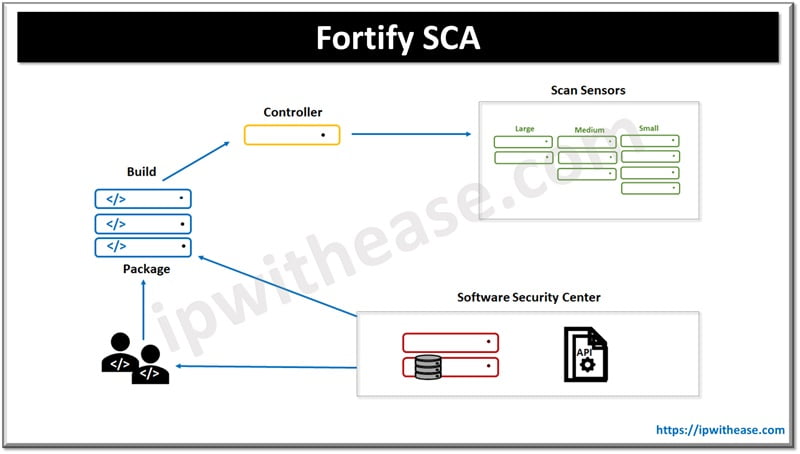
Features
- Security testing in advanced manner can be performed using this tool it enables to understand potential threats and issues in advance and help them to address proactively
- Static code analysis is meant to get code structure and its logic to identify flaws in the source code base. Fortify checks source code with established rules and predefined logic and allows code fixing before its build and release. We can set our own rules and policies as per the requirements
- Build system integration is possible to implement security testing in the earlier stages of development to incorporate security in existing workflows and logic.
SonarQube
SonarQube is used in continuous inspection of source code base and static code analysis. It is adopted in early stages of .net software development life cycle to identify issues in code and fix them proactively to ensure code quality is premium and build errors are less. It has a fast, intuitive and user-friendly interface with community support and easier setup. More SonarQube alternatives can be found here
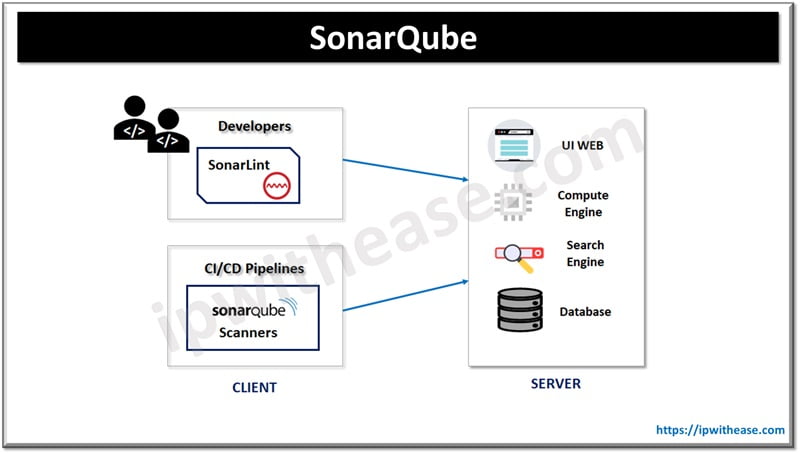
Features
- Coverage of code and its testing is very comprehensive. It maps to many standard testing frameworks which locate parts of code that has not been tested and highlight areas which require testing use cases
- Analysis of code quality is performed as per set rules and predefined standards. In case code does not meet the quality standards as per predefined framework and established rules it would give recommendations. It checks the quality of code such as bugs, vulnerabilities and code smell.
- Code complexity analysis is performed to analyze such portions of code which are difficult to understand and manage and make it developer friendly.
- Integration into CI/CD pipeline and reporting is taken care of by the tool. It can be integrated with popular CI/CD tools and into your development pipeline. Centralised reporting enhances the software development process overall.
Fortify SCA vs SonarQube: Comparison
| Functions | Fortify SCA | SonarQube |
| Provider | Available with license and paid | Open source, community version software, self managed |
| Functioning | Ideal for security vulnerabilities assessments during software development life cycle | Best suited for code quality assessments. Provides recommendations on code quality and code coverage with predefined rule set, analysis of complexity, duplicate code detection |
| Security | It is best suited for security vulnerabilities assessment offering in depth customisation, rules alignment, custom reporting, analysis of data flow | Ideal for ensuring code quality as per standard framework and compliance requirements. |
| Features | * Higher costs especially in enterprise deployments * Available on cloud where installation not required * Stable and scalable * Auto scan as we progress with CI/CD Complex learning curve | * Less expensive as compared to its counterpart for enterprise usage * Capabilities to analyse code in any languages good for checking and maintain code quality * Paid, offer dashboard and support * Lots of false positives in security * Vulnerabilities * Lacking security code advanced features |
| CI/CD integration | Seamless integration with CI/CD pipeline and deployment workflows for security vulnerabilities in coding | Seamless integration with CI/CD pipeline and deployment workflows for code quality analysis to aid in development process |
| Programming languages | Support java and .NET especially from security vulnerabilities perspective | Wider support for more programming languages and framework |
ABOUT THE AUTHOR

You can learn more about her on her linkedin profile – Rashmi Bhardwaj

